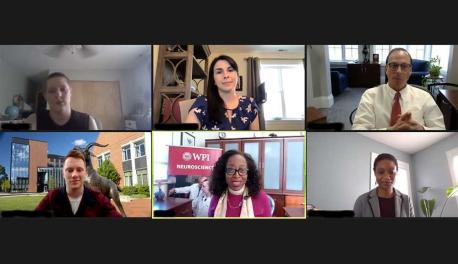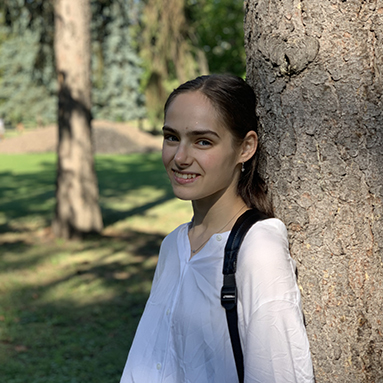Psychological Science
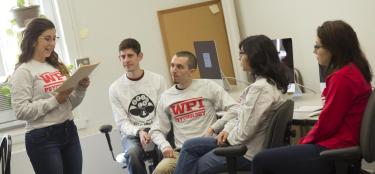
Students in WPI’s Psychological & Cognitive Sciences program examine the mind from various scientific viewpoints to understand and predict how people think and behave in different situations.
Students learn about and engage in scientific research in classrooms and with faculty mentors in their research laboratories. The program’s interdisciplinary and global approach allows students to fuse multiple disciplines to answer pressing questions through cutting-edge approaches. Students work closely with each other and with the faculty in a collaborative and encouraging atmosphere.
Psychological Science is an excellent choice as a stand-alone major, second major, or minor. Whether a student’s interests are in psychology or a combination of psychology and another discipline (like computer science, education, biology, or robotics), our faculty help make those cross-cutting connections so students have a fulfilling and personalized academic path.
Majors have the option to concentrate in psychobiology or diversity science.
The program’s graduates go on to various careers in their respective fields such as healthcare, law, education, marketing, human resources, project management, engineering, and nonprofit work. Our graduates also pursue advanced degrees in psychology, education, social work, behavioral genetics, healthcare, and law.
Research Opportunities
WPI’s research-intensive Psychological & Cognitive Sciences program gives students opportunities to work collaboratively with faculty and in small teams to complete projects as a volunteer or for course credit.
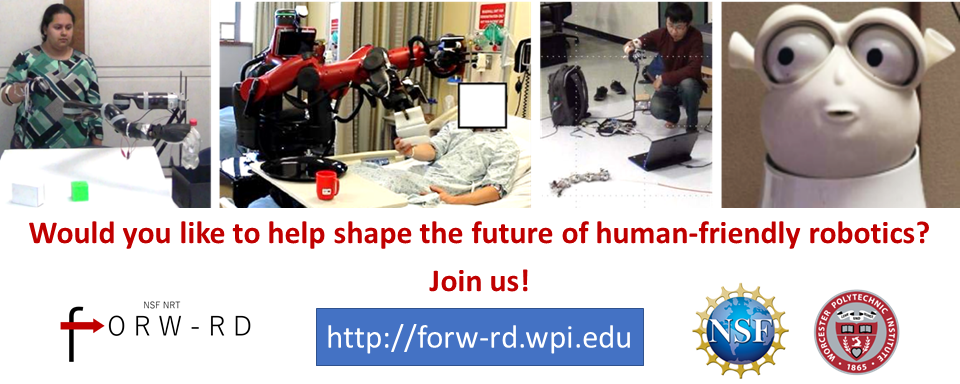
WPI-Led Study: Pregnant Women Facing Weight Stigma See Decreased Physical and Mental Health
Angela Incollingo Rodriguez, assistant professor of psychology at WPI, explains how weight stigma, or fat-shaming, has negative effects on the mental and physical health of pregnant women, and women in the postpartum period.
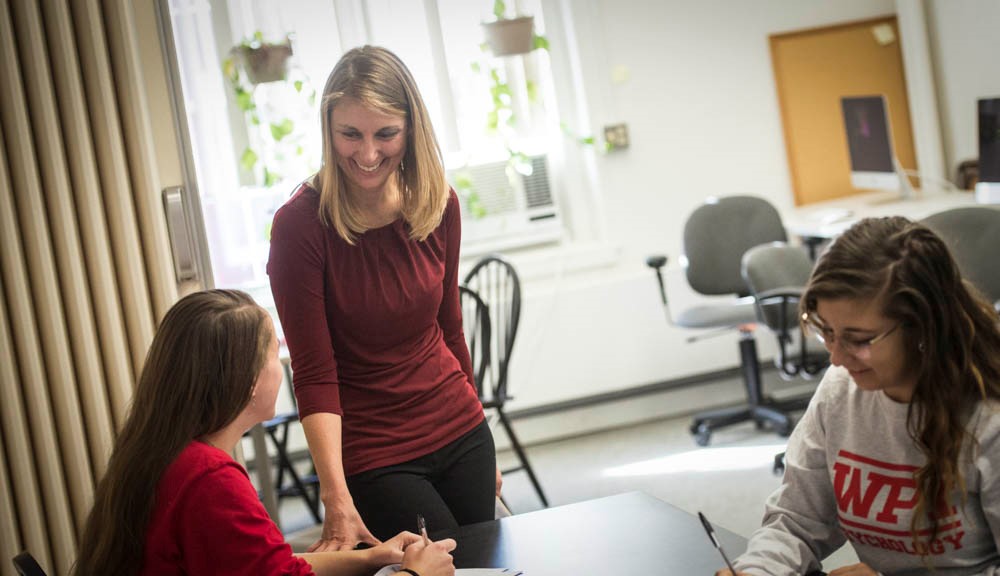
Life of a Scientist
Professor Jeanine Skorinko, director of psychological science program, hopes her research into how humans think, behave, and interact with others will make the world a better, more equitable place.
Student Spotlight
Alumni Success Story

Paul Pacheco ’22, MS ‘23
The Burncoat High School teacher brings authenticity to his biology class
Your Degree Opens Doors to Meaningful Career Options
Students in WPI’s Psychological Science program examine the mind from various viewpoints, with emphasis on applying scientific methodologies and concepts to their own experience.

Advance with the BS/MS Dual Degree Program
Fast-track your education and career with the BS/MS program by earning a dual degree―an accelerated academic pathway to both a bachelor’s degree and a master’s degree. Saving both time and money while building advanced knowledge and skills could help you stand out in today’s competitive job market. Discover more about the BS/MS program and your options to earn a BS/MS dual degree at the links below.

